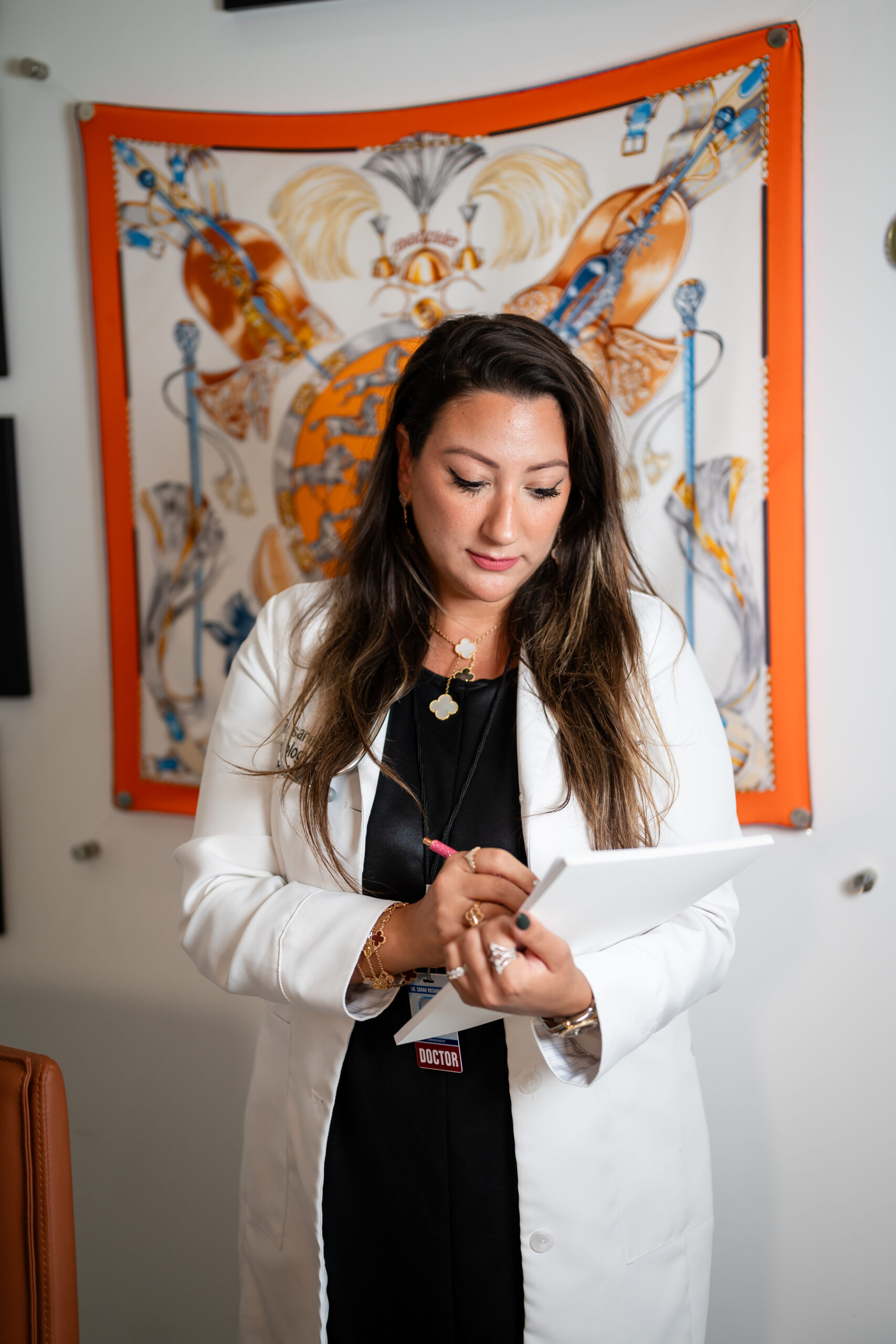By Dr. Sarah Rosanel, MD FACC, Concierge Physician in Miami Florida – Internal Medicine Specialist/ Family Medicine and Cardiologist
Rachel, a 34-year-old marketing professional and mother of three, never had a history of mental health issues. But after recovering from COVID-19, she found herself overwhelmed with anxiety, struggling to concentrate, and constantly exhausted. Once a social, energetic person, she now avoided gatherings and felt a deep sense of sadness she couldn’t shake. When she finally saw her doctor, she was diagnosed with post-COVID depression and anxiety—something she never expected from a respiratory illness.
Rachel is not alone. Millions of people worldwide are experiencing similar struggles, highlighting the post-COVID mental health crisis that continues to affect individuals long after the physical symptoms have faded.
Understanding Post-COVID Mental Health Issues
COVID-19 has left a lasting impact on mental health, increasing cases of:
• Anxiety disorders (generalized anxiety, panic attacks, social anxiety)
• Depression (persistent sadness, hopelessness, fatigue)
• Cognitive impairment (“brain fog”) (trouble focusing, memory issues)
• Post-Traumatic Stress Disorder (PTSD) (especially in those hospitalized)
• Sleep disturbances (insomnia, nightmares)
Factors contributing to these issues include:
• The body’s inflammatory response to the virus
• Long COVID symptoms affecting daily life
Diagnosing Post-COVID Mental Health Disorders
Many people don’t realize that their emotional struggles are linked to COVID-19. Healthcare providers should screen for:
• Persistent mood changes lasting more than two weeks
• Excessive worry, panic, or irritability
• Cognitive issues affecting work or daily life
• Changes in sleep or appetite
• Social withdrawal or lack of interest in activities
What Can Be Done?
If you or someone you know is struggling, here are steps to take:
1. Seek Professional Help:
• Primary care doctors can help diagnose and guide treatment.
• Therapy (CBT, mindfulness-based therapy) can help reframe negative thoughts.
• Medication (antidepressants, anti-anxiety medications) may be beneficial in severe cases.
2. Prioritize Lifestyle Adjustments:
• Regular exercise improves mood and brain function.
• A healthy diet rich in omega-3s and antioxidants supports brain health.
• Good sleep hygiene is crucial for emotional well-being.
3. Social & Emotional Support:
• Talking to friends, family, or support groups can reduce feelings of isolation.
• Practicing gratitude and mindfulness can help rewire the brain toward positivity.
Conclusion
The mental health impact of COVID-19 is real, and it’s time we take it seriously. By recognizing the signs and seeking support, individuals like Rachel can regain their sense of well-being.
Dr. Sarah Rosanel is a dedicated concierge physician based in Miami, FL, specializing in personalized healthcare tailored to the unique needs of her patients. With a holistic approach that blends traditional medicine, lifestyle interventions, and functional medicine, she empowers individuals to achieve optimal health and well-being.
As an expert in Concierge Medicine & Cardiology, Dr. Rosanel integrates cutting-edge medical treatments with holistic methodologies, ensuring comprehensive care that goes beyond symptom management to address the root causes of health concerns.
Beyond her medical practice, Dr. Rosanel is a devoted mother to Ariel, Zev, and Shirley, balancing her passion for healing with the joys of family life.
Book your appointment today by texting or calling (646) 467 4368.
Miami, Florida. [email protected]







